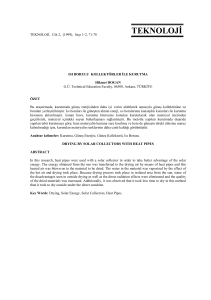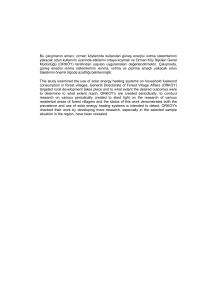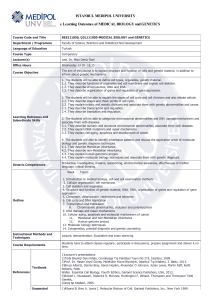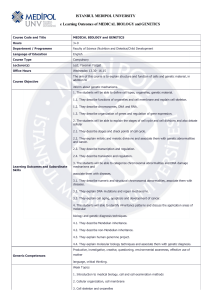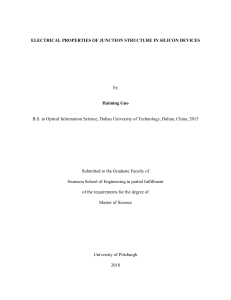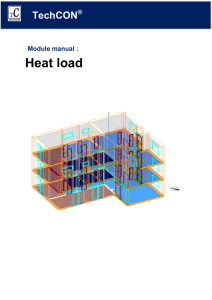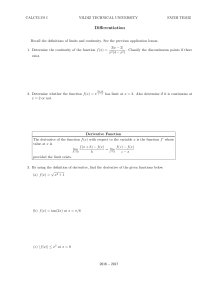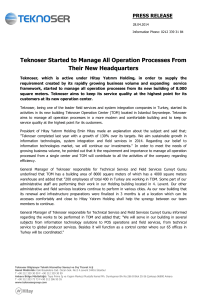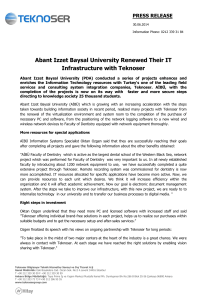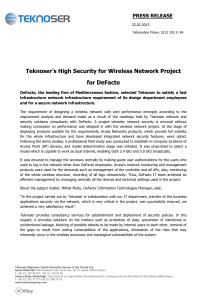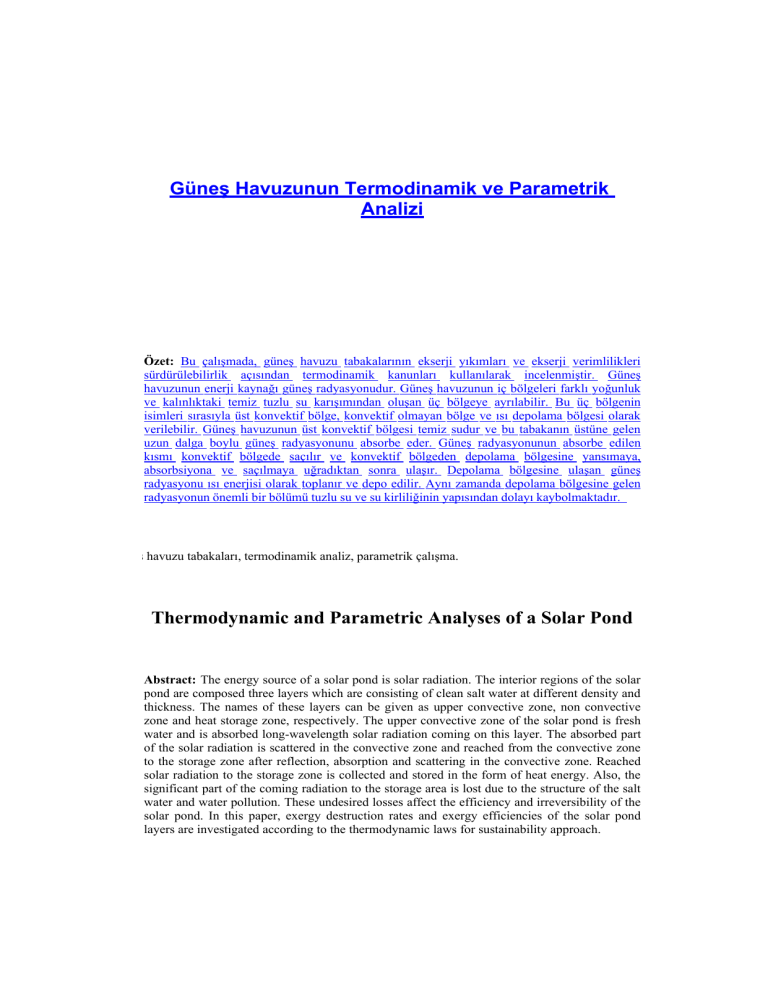
Güneş Havuzunun Termodinamik ve Parametrik
Analizi
Özet: Bu çalışmada, güneş havuzu tabakalarının ekserji yıkımları ve ekserji verimlilikleri
sürdürülebilirlik açısından termodinamik kanunları kullanılarak incelenmiştir. Güneş
havuzunun enerji kaynağı güneş radyasyonudur. Güneş havuzunun iç bölgeleri farklı yoğunluk
ve kalınlıktaki temiz tuzlu su karışımından oluşan üç bölgeye ayrılabilir. Bu üç bölgenin
isimleri sırasıyla üst konvektif bölge, konvektif olmayan bölge ve ısı depolama bölgesi olarak
verilebilir. Güneş havuzunun üst konvektif bölgesi temiz sudur ve bu tabakanın üstüne gelen
uzun dalga boylu güneş radyasyonunu absorbe eder. Güneş radyasyonunun absorbe edilen
kısmı konvektif bölgede saçılır ve konvektif bölgeden depolama bölgesine yansımaya,
absorbsiyona ve saçılmaya uğradıktan sonra ulaşır. Depolama bölgesine ulaşan güneş
radyasyonu ısı enerjisi olarak toplanır ve depo edilir. Aynı zamanda depolama bölgesine gelen
radyasyonun önemli bir bölümü tuzlu su ve su kirliliğinin yapısından dolayı kaybolmaktadır. Güneş havuzu tabakaları, termodinamik analiz, parametrik çalışma.
Thermodynamic and Parametric Analyses of a Solar Pond
Abstract: The energy source of a solar pond is solar radiation. The interior regions of the solar
pond are composed three layers which are consisting of clean salt water at different density and
thickness. The names of these layers can be given as upper convective zone, non convective
zone and heat storage zone, respectively. The upper convective zone of the solar pond is fresh
water and is absorbed long-wavelength solar radiation coming on this layer. The absorbed part
of the solar radiation is scattered in the convective zone and reached from the convective zone
to the storage zone after reflection, absorption and scattering in the convective zone. Reached
solar radiation to the storage zone is collected and stored in the form of heat energy. Also, the
significant part of the coming radiation to the storage area is lost due to the structure of the salt
water and water pollution. These undesired losses affect the efficiency and irreversibility of the
solar pond. In this paper, exergy destruction rates and exergy efficiencies of the solar pond
layers are investigated according to the thermodynamic laws for sustainability approach.
Keywords: Solar pond layers, thermodynamic analysis, parametric study.

